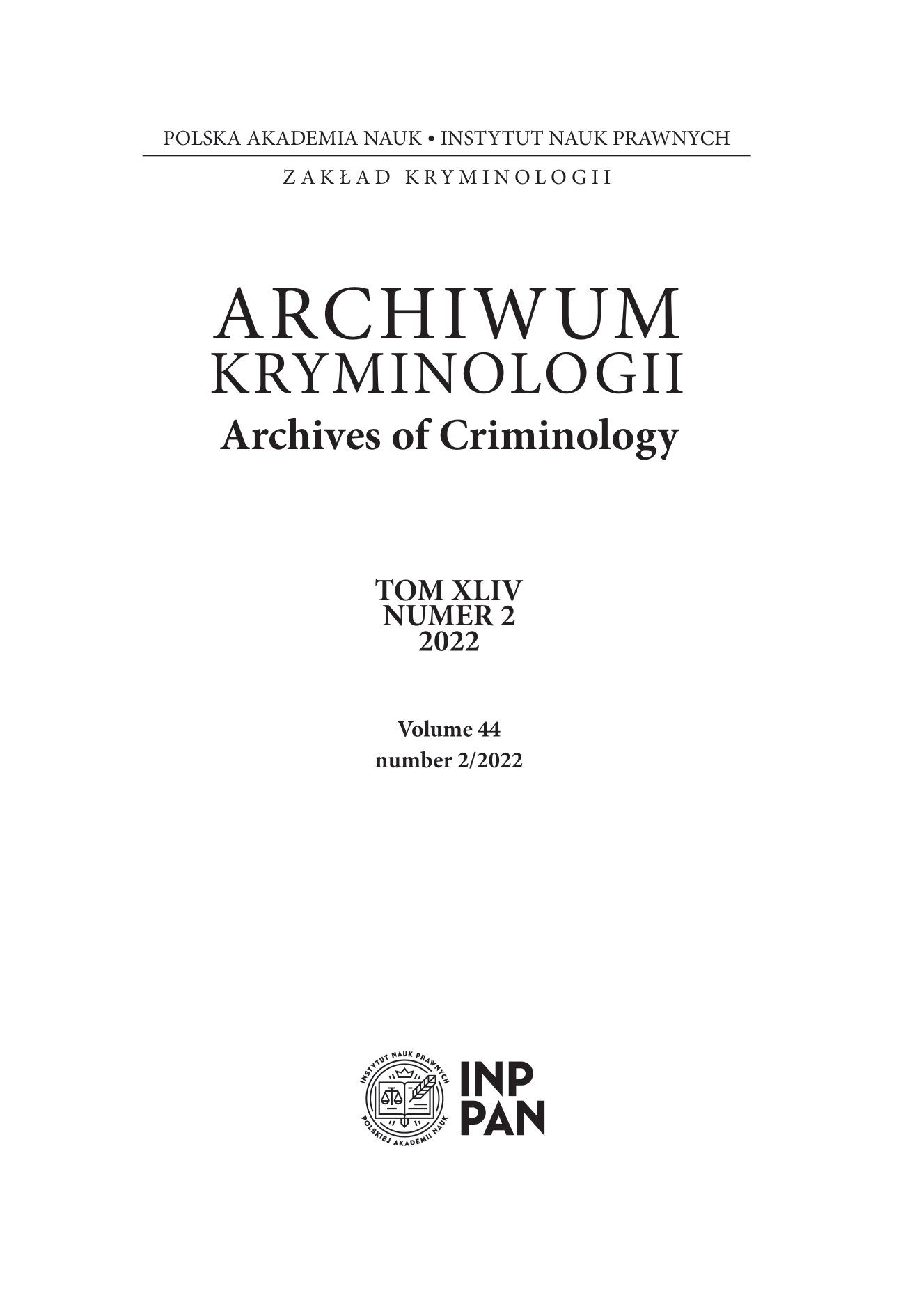Tadeusz Kuczma – polski kryminolog okresu
międzywojennego
Tadeusz Kuczma – a Polish criminologist of the interwar period
Author(s): Anna Szuba-BorońSubject(s): Criminal Law, Criminology, Interwar Period (1920 - 1939)
Published by: Instytut Nauk Prawnych PAN
Keywords: Tadeusz Kuczma; criminology; history of Polish criminology; genetic approach to crime;
Summary/Abstract: Tadeusz Kuczma (1905–1940) was a Polish criminologist whose scientific and academic work at the University of Poznań coincided with the interwar period. In the history of Polish criminology, he is remembered as an outstanding figure. He studied criminology not only at the Institute of Criminology of the University of Paris, but also during a two-year research internship in the United States, where he collaborated with such scientists as Edwin Sutherland, Thorsten Sellin, Ernest Burgess and Franz Alexander. Kuczma’s contribution to Polish criminology consists mainly in the monograph he wrote for his habilitation and the concept of the ‘genetic approach to crime,’ which is based on a critical and profound analysis of the contemporary state of criminology and takes into account the sociological perspective of criminological research undertaken by sociologists from the University of Chicago. Apart from a few mentions, Kuczma remains generally unknown in Polish criminology. This paper presents the profile and criminological views of Tadeusz Kuczma.
Journal: Archiwum Kryminologii
- Issue Year: 2/2022
- Issue No: XLIV
- Page Range: 287-308
- Page Count: 22
- Language: Polish

